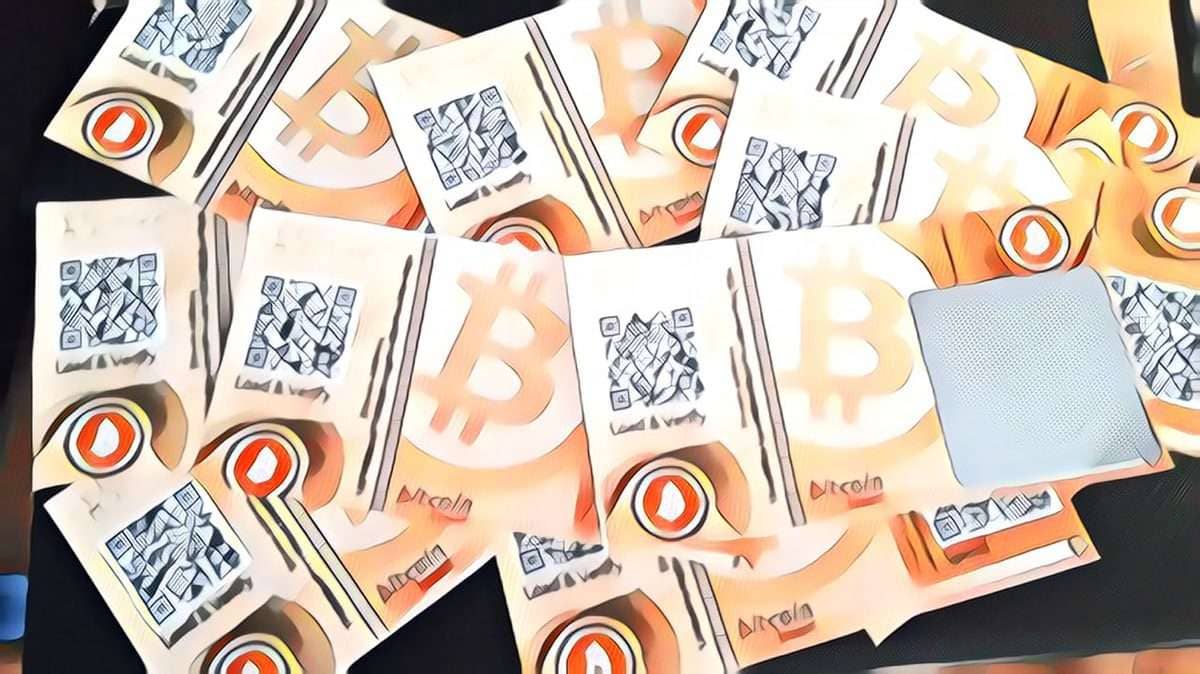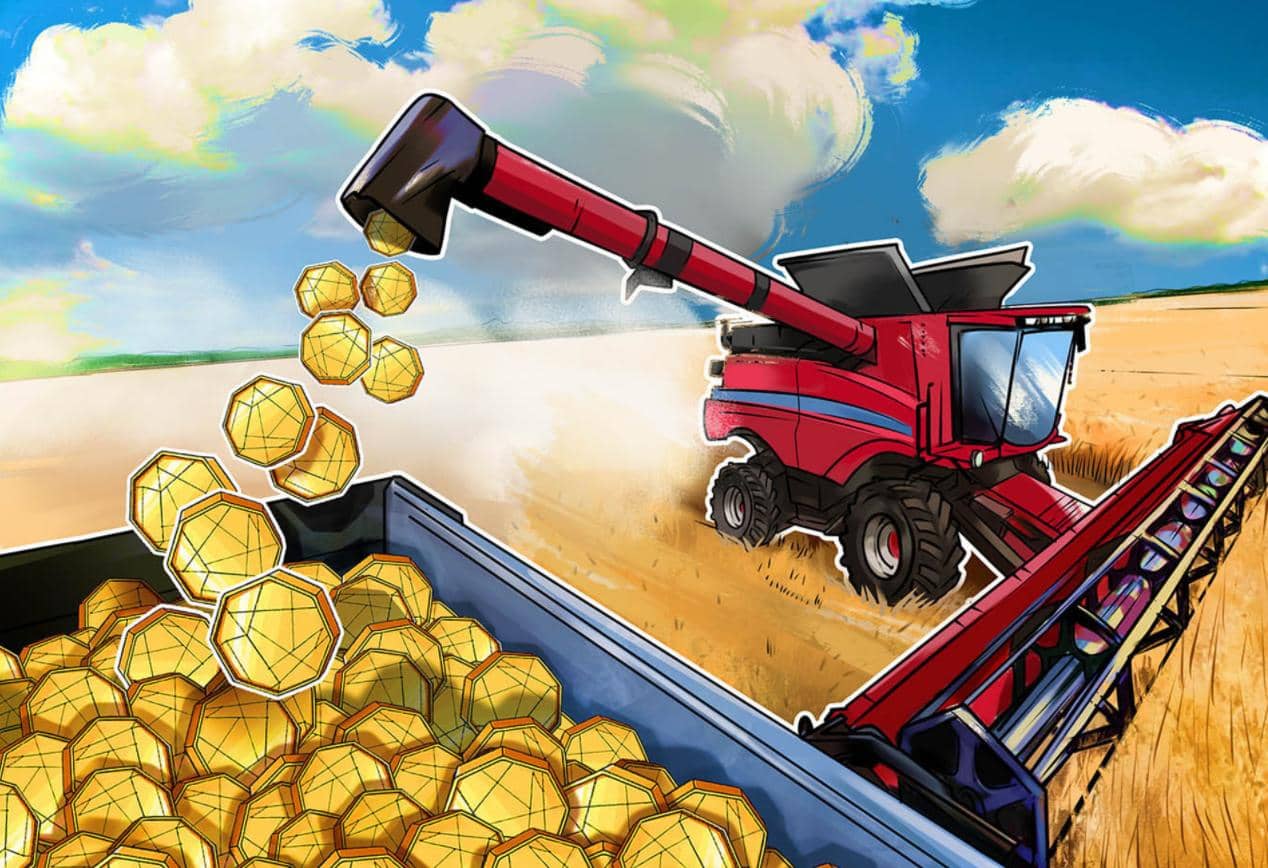Content
Some brokers cater to high-net-worth clients with assets of $1 million or more. On the other hand, a market maker helps create a market for investors to buy or sell securities. In this article, we’ll outline the differences between brokers and market makers.
- Brokers are required to act in their clients’ best interest.
- Market makers establish quotes for the bid and ask prices, or buy and sell prices.
- Full BioSuzanne is a content marketer, writer, and fact-checker.
- To do so, a market maker has to increase the volume of transactions on the other side of the market.
- Using a direct market access broker to control your order routing ensures that market makers won’t take the other side of your trades.
To offset the risk from selling call options, market makers must purchase stock. Brokers—who represent the interests of financial institutions, pension funds, and other organizations investing in the market—work with designated market makers to make trades happen. On the trading floor of the NYSE, DMMs are positioned in the center and the floor brokers are located along the periphery.
How Do You Borrow Stocks?
Options trading subject to TD Ameritrade review and approval. Please read Characteristics and Risks of Standardized Options before investing in options. This is for informational purposes only as StocksToTrade is not registered as a securities broker-dealeror an investment adviser. If their orders stopped, it’d be harder for traders to get in and out of their trading positions. But it also gives market makers much more power than the average retail trader in a transaction. An MM adds to the volume in the market by placing large orders for specific stocks or bonds.
A delta-neutral position can be created from any options position by trading stock or the equivalent underlying to flatten out the delta. As trades are made and quotes get filled on bids and offers, the DMM works to balance their inventory accordingly. Part of the responsibility is to lessen volatility and increase https://xcritical.com/ liquidity, but those factors are not always under their control. Nevertheless, the market maker is expected to maintain quotes and to ensure orders are executed regardless of market conditions. There was a time where “ax” market makers had the clout to trigger self-fulfilling prophecy like signals.
Content intended for educational/informational purposes only. Not investment advice, or a recommendation of any security, strategy, or account type. If you want to see market maker arbitrage in action, one good place to look is in the options markets.
Market Maker Definition: What It Means and How They Make Money
The main function of the market maker is to reduce volatility and facilitate price discovery in the stock market by providing a limited trading range on the security they make a market in. Market makers are useful because they are always ready to buy and sell as long as the investor is willing to pay a specific price. Market makers essentially act as wholesalers by buying and selling securities to satisfy the market—the prices they set reflect market supply and demand. When the demand for a security is low, and supply is high, the price of the security will be low.
When markets behave rationally according to Supply & Demand – retail traders have difficulty reading between the lines here. Sometimes a market maker is also a broker, which can create an incentive for a broker to recommend securities for which the firm also makes a market. Investors should thus perform due diligence to make sure that there is a clear separation between a broker and a market maker. An MM can lose money when a security declines after they’ve bought it. Sometimes the bid-ask spread shortens faster than expected. But doing so incentivizes them to recommend their firm’s stocks.
Number Of Market Maker Jobs By State
Relative volume can be a game-changer for day traders tracking stock market momentum and volatility. They run the bid-ask spread and profit from the slight differences in the transaction. And these are slightly different from the natural market prices. When there’s low liquidity in the markets, traders get stuck in their trades. Sometimes traders want to buy a stock but their orders won’t get filled. The skills section on your resume can be almost as important as the experience section, so you want it to be an accurate portrayal of what you can do.
This will usually cause other investors to panic and sell off their stocks as they believe there is no point in holding on with such decreased values. Then you can artificially raise the stock price by selling off your shares in bulk at a higher price. You are now leaving the TD Ameritrade Web site and will enter an unaffiliated third-party website to access its products and its posted services.
How Does Inflation Affect the Stock Market?
This would reduce the amount of money available to companies, and in turn, their value. Some types of market makers are known as “specialists.” A specialist is a type of market maker who operates on certain exchanges, including the New York Stock Exchange. Although their functions are similar, specialists focus more on facilitating trades among brokers directly on the floor of an exchange. A specialist is one type of market maker who often focuses on trading specific stocks.

Typically, it’s only a considerable buy and sell order that exceeds the units’ current quantity where you’ll see this happening. Now the third important layer of liquidity is the EFT provider. If there is a large buy order, the ETF provider delivers a creation unit of that ETF. Furthermore, they’re responsible for keeping the ETF price in line with its net asset value. Liquidity is how easily you can get into and out of a stock position. JeFreda R. Brown is a financial consultant, Certified Financial Education Instructor, and researcher who has assisted thousands of clients over a more than two-decade career.
How Market Makers Make Money
With advancements in technology and the internet, online brokerage firms have experienced an explosion of growth. These discount brokers allow investors to trade at a lower cost, but there’s a catch; investors don’t receive the personalized investment advice that’s offered by full-service brokers. The spreads between the prices a retail trader sees in bid-ask quotes and the market price go to the market makers. MMs move fast and can buy and sell in bulk ahead of everyone else. Market makers provide liquidity by both buying and selling options of all types, including call and put options.
These market participants buy the bid price and sell the ask price on their specified security for any order that comes their way. One of the bigger changes from the specialist role, which the DMM replaced, involves the trade information that a DMM has access to. This levels the playing field between the DMM and floor brokers. Traders should pay more attention to time and sales over level 2 screens since those are actual trades versus the “intent” of trades.
Looks good to me, what do you guys think? Entry 36500/ TP1 40.3k TP2 42.4k. I feel like a 50% retracment is more likely but we'll see what the Market Maker does. pic.twitter.com/My2rGZUUzP
— Tony Balaz (@TonyBalaz) February 27, 2022
These services may include consulting, research, investment advice, and retirement planning. Many brokers provide trading platforms, trade execution services, and customized speculative and hedging solutions with the use of options contracts. Options contracts are derivatives meaning they derive their value from an underlying asset.
Brokers
The bid/ask spread in options is much wider than in stocks. Be aware of late prints as well as hidden and iceberg orders on time and sales. When you see just 100 shares offered on the inside ask but time and sales prints over 10,000 shares executed at that price, it tells you there is a heavy hidden seller. The faster you spot this, the quicker you can avoid or trade the fade as participants panic out. While spoofing is illegal, it can still be present in thinner traded stocks where level 2 shows a lot of activity but actual trades on time and sales is minimal.

They have the authority and expertise to buy securities on an investor’s behalf. There are a lot of players in the game of financial transactions. DMMs provide a higher level of service compared to electronic trading. A DMM is responsible for maintaining quotes and facilitating buy and sell transactions. Timothy Li is a consultant, accountant, and finance manager with an MBA from USC and over 15 years of corporate finance experience. Timothy has helped provide CEOs and CFOs with deep-dive analytics, providing beautiful stories behind the numbers, graphs, and financial models.
The way FX firms operate varies, but pricing tends to ultimately be derived from the same familiar players. Namely, the large banks who operate as prime brokers for these firms. Some firms may operate effectively as a broker, hedging off their exposure immediately with their liquidity provider. Basically the quote may only be good in a certain minimum or maximum size, and the price will only be good if dealt with in a timely manner.
Market Making Strategies: They’re All About the Math
Creating bids and offers for traders on both sides of the trade helps create an active marketplace where supply meets demand by allowing transactions to be executed. Many brokers can also offer advice on which stocks, mutual funds, and other securities to buy. And with the availability of online trading platforms, many investors can initiate transactions with little or no contact with their personal broker. Although there are various types of brokers, they can be broken down into two categories. In the financial world, brokers are intermediaries who have the authorization and expertise to buy securities on an investor’s behalf.
They profit on the bid-ask spread and they benefit the market by adding liquidity. The difference of $0.50 in the ask and bid prices of stock alpha seems like a small spread. However, small spreads, as such, can add up to large profits on a daily basis, owing to large volumes of trade. Trader’s what is market maker in crypto have the ability to trade risk-free with a demo trading account. This means that traders can avoid putting their capital at risk, and they can choose when they wish to move to the live markets. Market makers earn money on the bid-ask spread because they transact so much volume.

